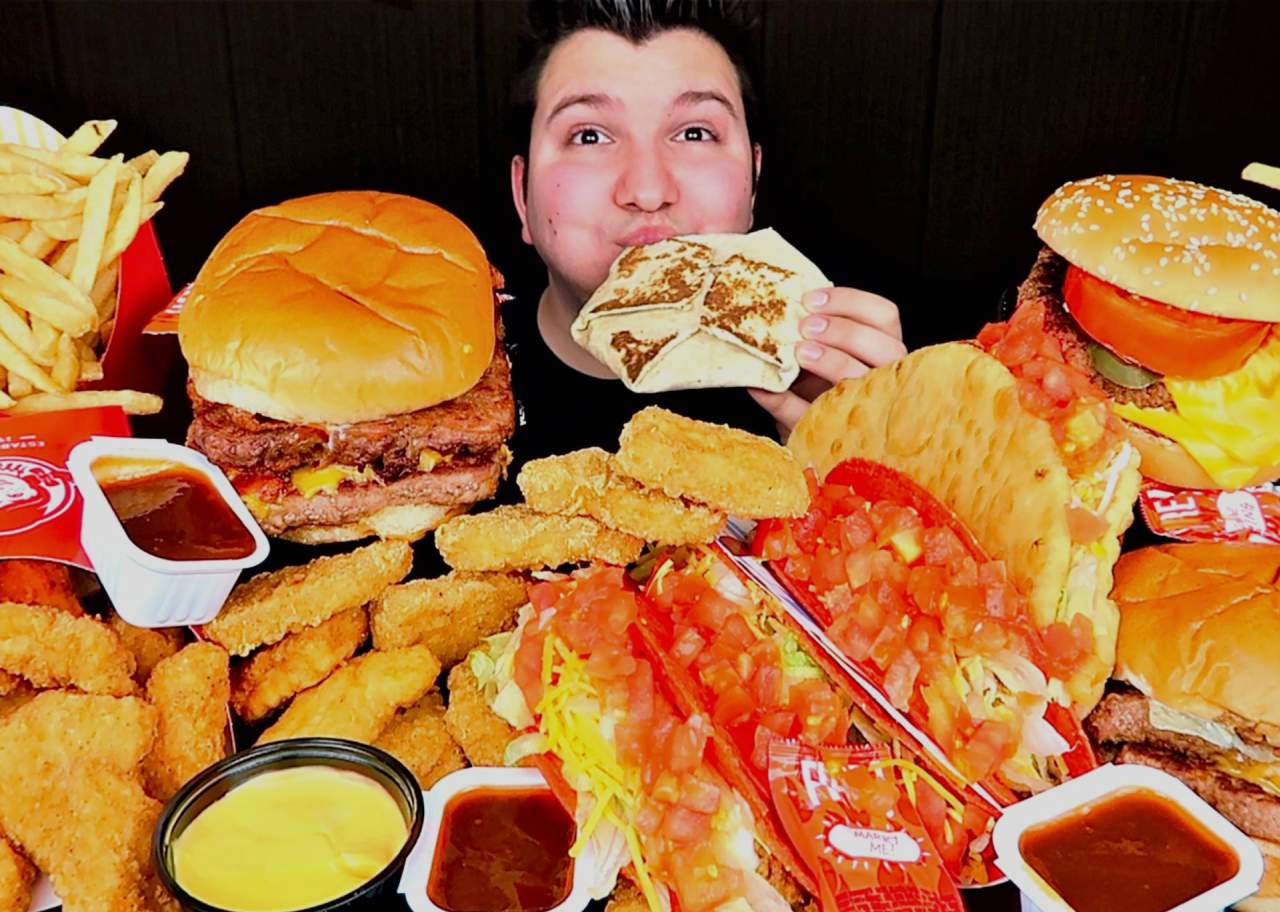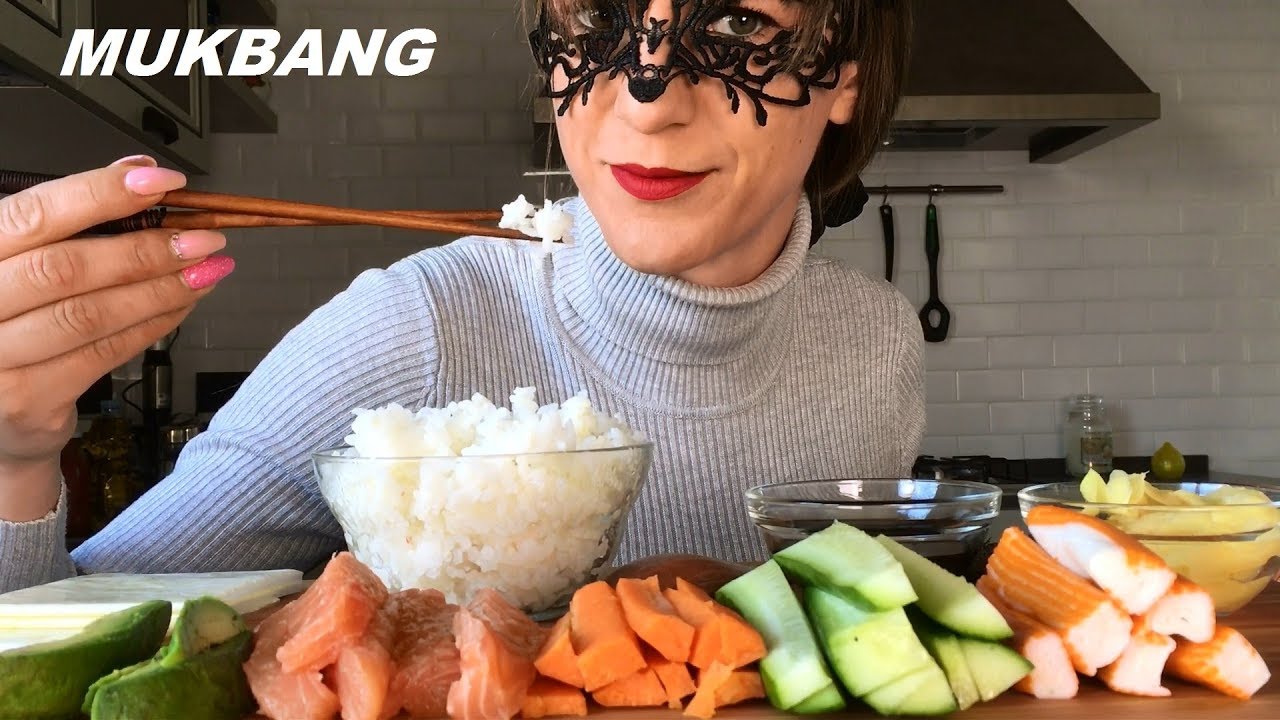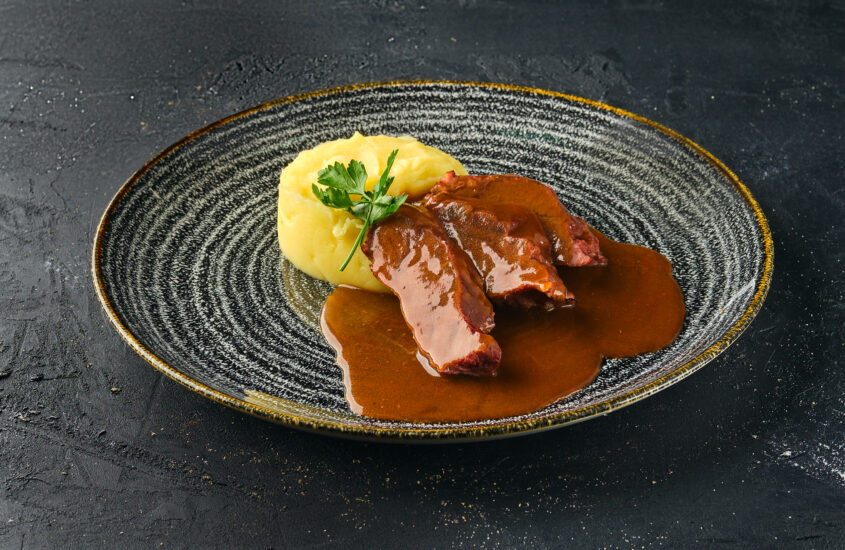Mukbang: a phenomenon originated in South Korea
Today we will talk about mukbang, the phenomenon of eating for money, born in South Korea and which has now become a business. Despite being quite recent (its origin dates back to ten years ago), in the United States it has become a trend and then, in recent years, it also reached the Old Continent and Italy.
Just think: you get money to do something that is usually pleasant, the act of eating. It’s not hard to organize either: you need someone to broadcast a video and gulp down a disproportionate amount of food in a long time. On the other hand, of course, there must be those who look through the computer or telephone, who comment and who reward the eater by paying him. The name derives from the South Korean muk-ja, which means to eat, and bang-song, which means to transmit.
The dishes can be the most varied: burgers, pizza or noodles. There are mukbangers who remain silent, letting the sound of what they chew and suck hear, amplifying them. Others chat with users while they eat, commenting in detail on what they are putting in their mouth at that moment.
Be careful not to confuse this phenomenon with competitions for whoever eats the most hotdogs in the shortest possible time; here it is about sharing, often between lonely people. There is an exhibition. There is the gain. Professionals manage to put hundreds of thousands of euros into their account a year. Of course, you have to have a good stomach.
There are those who say that mukbang has a therapeutic value: in Korean culture, in fact, thinness means beauty, the concept is taken to exasperation. Watching someone eat with pleasure is a way to share the banquet without gaining weight. Finally, there are those who make the video fall into the ASMR genre, Autonomous sensory median response: that is, sounds and whispers that relax by communicating a feeling of well-being.
Which ones are they? The opening of packages, the stirring of the spaghetti, the sucking of the sauces, the smacking lips and the jaws that work at full speed. Still in Asian culture, these are sounds that are particularly appreciated, unlike in the West where making noise while eating is seen as bad manners.
The stars of Mukbang

One of the most famous mukbangers is Shugi, with two million followers. She is able to swallow four tteokbokki, or glutinous rice dumplings, topped with spicy sauce at once. Zach Choi, another star of the industry, lives in the United States. He remains silent during meals, but uses a microphone to amplify the noise of discarded sandwiches, crackling chips, crumbling breading and gurgling fizzy drinks.
Mukbang experts gave birth to the phenomenon in 2009 on Afreeca TV, a South Korean streaming platform, as a response to the isolation of young people in the digital age. According to Statistic Korena, moreover, in the last 15 years the percentage of those who live alone has increased from 15.5 to 28.6 percent.
In 2017, there were only 5,620,000 people. In 2018, young people and widowers were joined by those aged between 45 and 64, 1.6 million more people.
Bars were born for honjoks, the loners. At the time when mukbang was born, however, those who were alone ate at home and never went to a restaurant. It became almost natural to turn on the computer and find someone in the same condition to keep company. The next step was to understand that this could become a business and that money could be made.
The My Korean Husband blog adds a detail: there is still a lot of Asian culture in the phenomenon, that is, to feel pleasure in seeing someone who takes pleasure. In the West, the sign of love is not to eat if the partner does not eat, to avoid binging in his presence; in Korea, the opposite happens. Someone on a diet brings a friend to lunch, orders one portion after another and also indicates in what order to serve, while fasting.
Another difference with the West is the centrality of the meal, not its preparation. We are full of programs that show how to fry, how to cook and which end with a quick taste; in Korea, there are also cookbangs, streaming videos in which the mukbang banquet is cooked, but they are considered much less interesting.
Mukbanger is influencer
Mukbanger and influencers have a lot in common: they both make money from scratch and thanks to the web, by passing on their communication skills and creating communities of fans. Mukbangers usually broadcast on fixed days and in the evening. Earnings depend on how famous you are and how you use the streaming platform.
In South Korea you earn with donations from those who watch the video, in the US the revenues come mainly from sponsors, from Youtube, from the sale of ebooks and from product reviews. You can also earn 100,000 dollars a year.
You spend money on mukbang, but the revenues are about double. And don’t think that those who feed this phenomenon are fat. Far from it. Often, in fact, the consumed calories are abundantly disposed of with intense workouts to stay in shape. There are those who say they spend eight hours in the gym every day.
In the UK, there are those who say they have quit their jobs to devote themselves to mukbang. Business stories, stories of freedom, stories of sharing.













